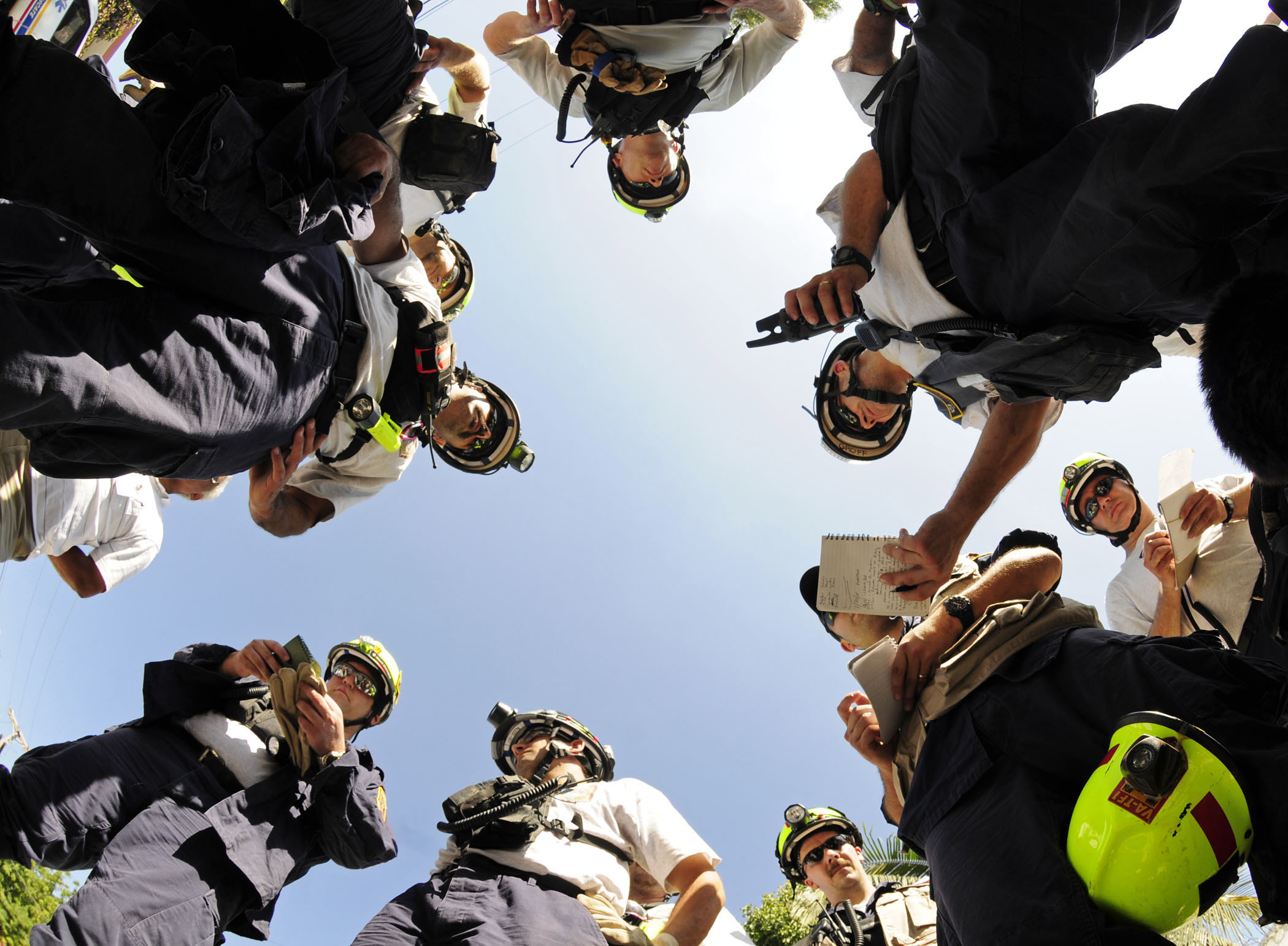Posted by admin on Oct 20, 2010
Editor’s Note : In this article, guest contributor Paul Currion looks at the potential for crowdsourcing data during large-scale humanitarian emergencies, as part of our "Deconstructing Mobile" series. Paul is an aid worker who has been working on the use of ICTs in large-scale emergencies for the last 10 years. He asks whether crowdsourcing adds significant value to responding to humanitarian emergencies, arguing that merely increasing the quantity of information in the wake of a large-scale emergency may be counterproductive. Instead, the humanitarian community needs clearly defined information that can help in making critical decisions in mounting their programmes in order to save lives and restore livelihoods. By taking a close look at the data collected via Ushahidi in the wake of the Haiti earthquake, he concludes that crowdsourced data from affected communities may not be useful for supporting the response to a large-scale disaster.
: In this article, guest contributor Paul Currion looks at the potential for crowdsourcing data during large-scale humanitarian emergencies, as part of our "Deconstructing Mobile" series. Paul is an aid worker who has been working on the use of ICTs in large-scale emergencies for the last 10 years. He asks whether crowdsourcing adds significant value to responding to humanitarian emergencies, arguing that merely increasing the quantity of information in the wake of a large-scale emergency may be counterproductive. Instead, the humanitarian community needs clearly defined information that can help in making critical decisions in mounting their programmes in order to save lives and restore livelihoods. By taking a close look at the data collected via Ushahidi in the wake of the Haiti earthquake, he concludes that crowdsourced data from affected communities may not be useful for supporting the response to a large-scale disaster.
1. The Rise of Crowdsourcing in Emergencies
Ushahidi, the software platform for mapping incidents submitted by the crowd via SMS, email, Twitter or the web, has generated so many column inches of news coverage that the average person could be mistaken for thinking that it now plays a central role in coordinating crisis responses around the globe. At least this is what some articles say, such as Technology Review's profile of David Kobia, Director of Technology Development for Ushahidi. For most people, both inside and outside the sector, who lack the expertise to dig any deeper, column inches translate into credibility. If everybody's talking about Ushahidi, it must be doing a great job – right?
Maybe.
Ushahidi is the result of three important trends:
- Increased availability and utility of spatial data;
- Rapid growth of communication infrastructure, particularly mobile telephony; and
- Convergence of networks based on that infrastructure on Internet access.
Given those trends, projects like Ushahidi may be inevitable rather than unexpected, but inevitability doesn't give us any indication of how effective these projects are. Big claims are made about the way in which crowdsourcing is changing the way in which business is done in other sectors, and now attention has turned to the humanitarian sector. John Della Volpe's short article in the Huffington Post is an example of such claims:
"If a handful of social entrepreneurs from Kenya could create an open-source "social mapping" platform that successfully tracks and sheds light on violence in Kenya, earthquake response in Chile and Haiti, and the oil spill in the Gulf -- what else can we use it for?"
The key word in that sentence is “successfully”. There isn’t any evidence that Ushahidi “successfully” carried out these functions in these situations; only that an instance of the Ushahidi platform was set up. This is an extremely low bar to clear to achieve “success”, like claiming that a new business was successful because it had set up a website. There has lately been an unfounded belief that the transformative effects of the latest technology are positively inevitable and inevitably positive, simply by virtue of this technology’s existence.
2. What does Successful Crowdsourcing Look Like?
To be fair, it's hard to know what would constitute “success” for crowdsourcing in emergencies. In the case of Ushahidi, we could look at how many reports are posted on any given instance – but that record is disappointing, and the number of submissions for each Ushahidi instance is exceedingly small in comparison to the size of the affected population – including Haiti, where Ushahidi received the most public praise for its contribution.
In any case, the number of reports posted is not in itself a useful measure of impact, since those reports might consist of recycled UN situation reports and links to the Washington Post's “Your Earthquake Photos” feature. What we need to know is whether the service had a significant positive impact in helping communities affected by disaster. This is difficult to measure, even for experienced aid agencies whose work provides direct help. Perhaps the best we can do is ask a simple question: if the system worked exactly as promised, what added value would it deliver?
| “If all You Have is a Hammer” - How Useful is Humanitarian Crowdsourcing? data sheet 21264 Views |
| Countries: |
Haiti
|
 : In this article, guest contributor Paul Currion looks at the potential for crowdsourcing data during large-scale humanitarian emergencies, as part of our
: In this article, guest contributor Paul Currion looks at the potential for crowdsourcing data during large-scale humanitarian emergencies, as part of our 